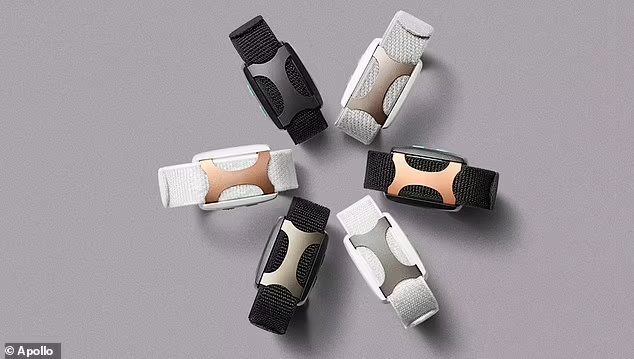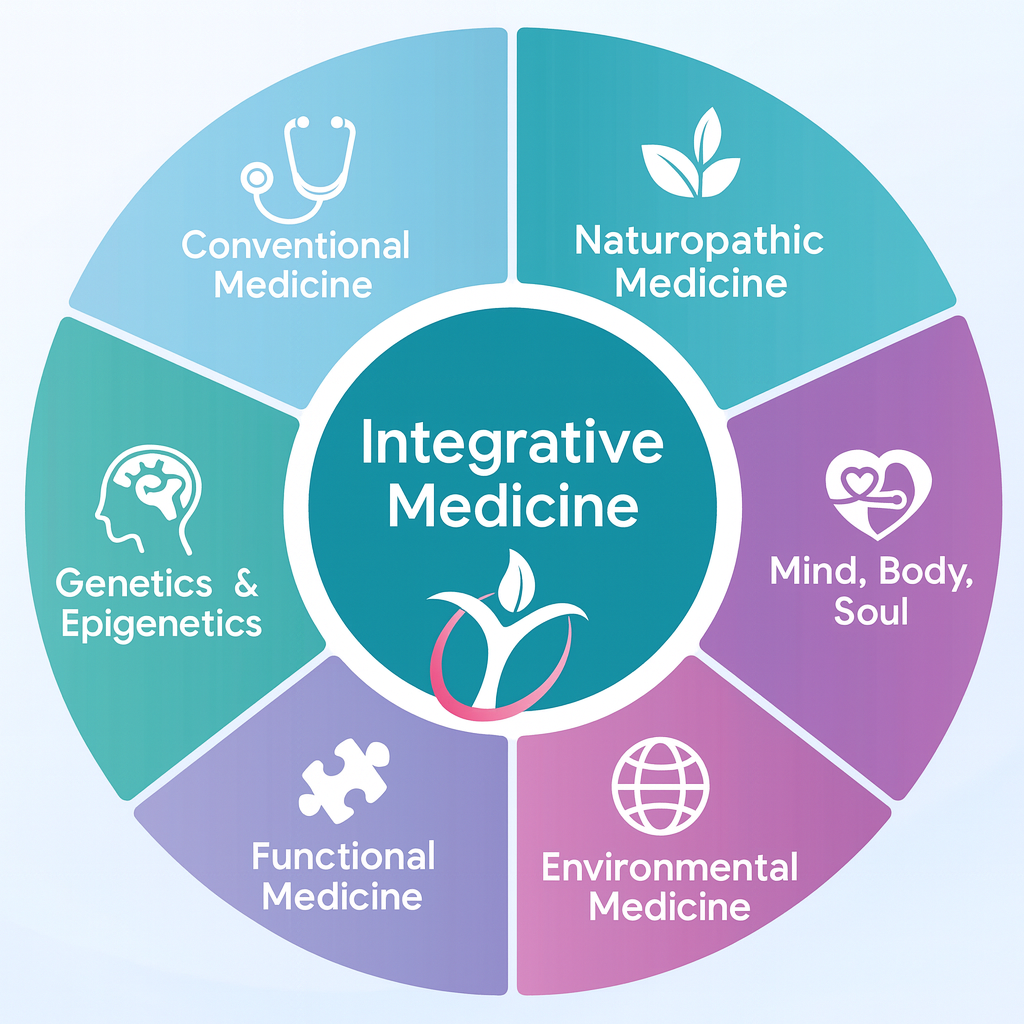Wearable Technology in Healthcare: Enhancing Patient Outcomes
Introduction Wearable technology has revolutionized healthcare by providing real-time data, enhancing patient monitoring, and supporting early disease detection. These devices, ranging from fitness trackers to advanced biometric sensors, empower both patients and healthcare providers with valuable health insights, leading to improved disease management and preventive care strategies.
Types of Wearable Healthcare Devices Modern wearables can be broadly categorized into:
- Fitness and Activity Trackers – Devices like Oura Ring, Fitbit and Apple Watch track movement, heart rate, and sleep quality.
- Medical Wearables – Continuous glucose monitors (CGMs), cardiac monitors, and wearable electrocardiograms (ECGs) provide critical health metrics.
- Smart Clothing – Embedded sensors in garments detect posture, respiration, and muscle activity.
- Neurotechnology Wearables – Devices monitoring brain activity for neurological conditions, central nervous system interaction, stress management, and mental health tracking.
Impact on Patient Care
- Chronic Disease Management Patients with conditions such as diabetes, hypertension, Cancer, and heart disease benefit from real-time tracking, allowing for better medication adherence and lifestyle adjustments. Continuous glucose monitors (CGMs), for example, help individuals regulate blood sugar levels with precision.
- Preventive Healthcare & Early Detection Wearables help identify health trends and alert users to potential issues before symptoms escalate. Early detection of arrhythmias or irregular oxygen levels can facilitate timely intervention.
- Remote Patient Monitoring & Telehealth Integration Wearables bridge gaps in healthcare access by allowing remote monitoring, which is particularly beneficial for elderly patients and those in rural areas. Physicians can track patient data remotely and adjust treatment plans accordingly.
- Improving Patient Engagement and Compliance Wearables empower patients by providing them with actionable insights. Enhanced engagement leads to better adherence to treatment protocols and lifestyle modifications.
- Mental Health & Sleep Monitoring Devices tracking sleep patterns, stress levels, and brain activity contribute to improved mental well-being. Some wearables even offer guided meditation and breathing exercises to regulate stress responses such as Apollo.
Challenges and Considerations Despite their advantages, wearable technologies face challenges such as data security concerns, device accuracy variability, and patient adherence. Additionally, healthcare providers must navigate data integration into existing electronic health record (EHR) systems for seamless utilization.
Conclusion Wearable technology is transforming healthcare by facilitating proactive patient engagement, improving chronic disease management, and enabling remote monitoring. As advancements continue, wearables will play an increasingly integral role in personalized medicine, preventive care, and healthcare innovation.



